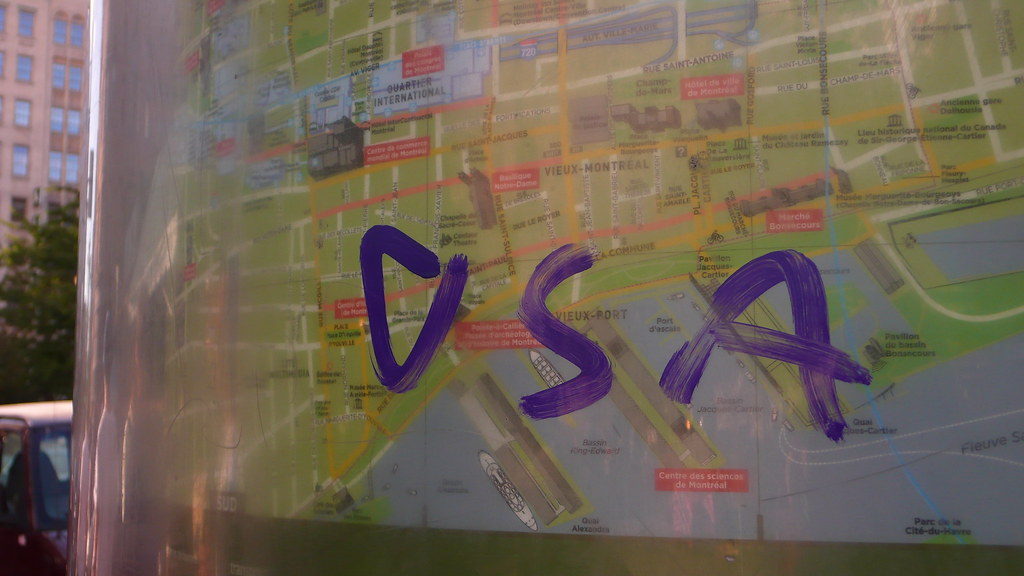On my first trip to Egypt, ten years ago, I met many English speakers in the streets of Cairo. They would speak to me with openness and curiosity, wondering where I was from and if I was enjoying the country. I would respond with a lie: I put on an accent and told them I was Venezuelan. But I felt guilty. Why did I meet their authenticity with insincerity? Why didn’t I tell the truth, that I was American, am American?
On one hand, I was afraid. This was my first trip to the Middle East, and despite my own missives on this very blog about looking beyond stereotype and ignorance, I, too, was afraid of what being an American-in-the-Middle-East might mean. On the other hand, I was angry. I was angry about US foreign policy as it existed at the end of W’s administration. I was angry at perceptions of the US and its citizenry around the world. I was angry at the condition and treatment of my brothers and sisters of color in the US. I had been living abroad for four years at the time, and still hadn’t completely come to terms with my own perceived statelessness. Yes, I had been born on American soil to American parents and spoke English, but I considered all my connections to the United States of America involuntary.
About six years after that foray into Egypt, I was living at the other end of the continent, in Cape Town. There, I would affect a transatlantic accent I’d pieced together from old Hollywood films and the various South African Englishes around me. I didn’t want the attention of having an American accent on the street when I could so easily go about my day undetected. In public, so long as I didn’t speak, I passed as local in South Africa, just as I passed as local when I lived in Colombia and Brazil. But South Africa was where I began to feel like an impostor. Maybe it was because I had to use a language other than my native one when living in Latin America, but to put on an accent in my home language, perceived safety concerns or not, felt disingenuous. And it felt disrespectful to the friendly, welcoming people I encountered in South Africa.
It’s easy to be American in many places, if only because people enjoy and imitate our problematic cultural exports. And in many places, including Baldwin’s Paris, the yoke of being a black American is lifted or lightened. But the responsibility remains—the responsibility of being American.
Growing up middle class, highly educated, well-nourished, and supported by family and community in the United States means possessing a level of privilege unattainable by the majority of the world’s population. Being an American, generally, and being a black American, specifically, means being a creator and guardian of hegemonic cultural capital. The responsibility lies in the interpretation of that cultural capital. The world looks at us, looks to us, whether it wants to or not, and whether we want it to or not. We may not control the narrative of how we are looked at, but we do control the narrative of how we are seen. If I want to be seen as honest, as intelligent, as friendly, as interesting, as determined, as dependable, as understanding, as open, as authentic, then I must embody those traits. That is my responsibility to my fellow human beings, regardless of background or border, wherever I am on the planet. Authenticity.
So I own this privilege. I own this responsibility. I own this American-ness which is my birthright. And with that ownership, I go into the world to engage, to listen, to share, to learn, and to love, authentically.
May this Independence Day be a reminder to those of us who are free that too many of us still aren’t, right here in the United States of America.
______________________________________________________________________
Have you ever pretended to be from another country? If so, why?

